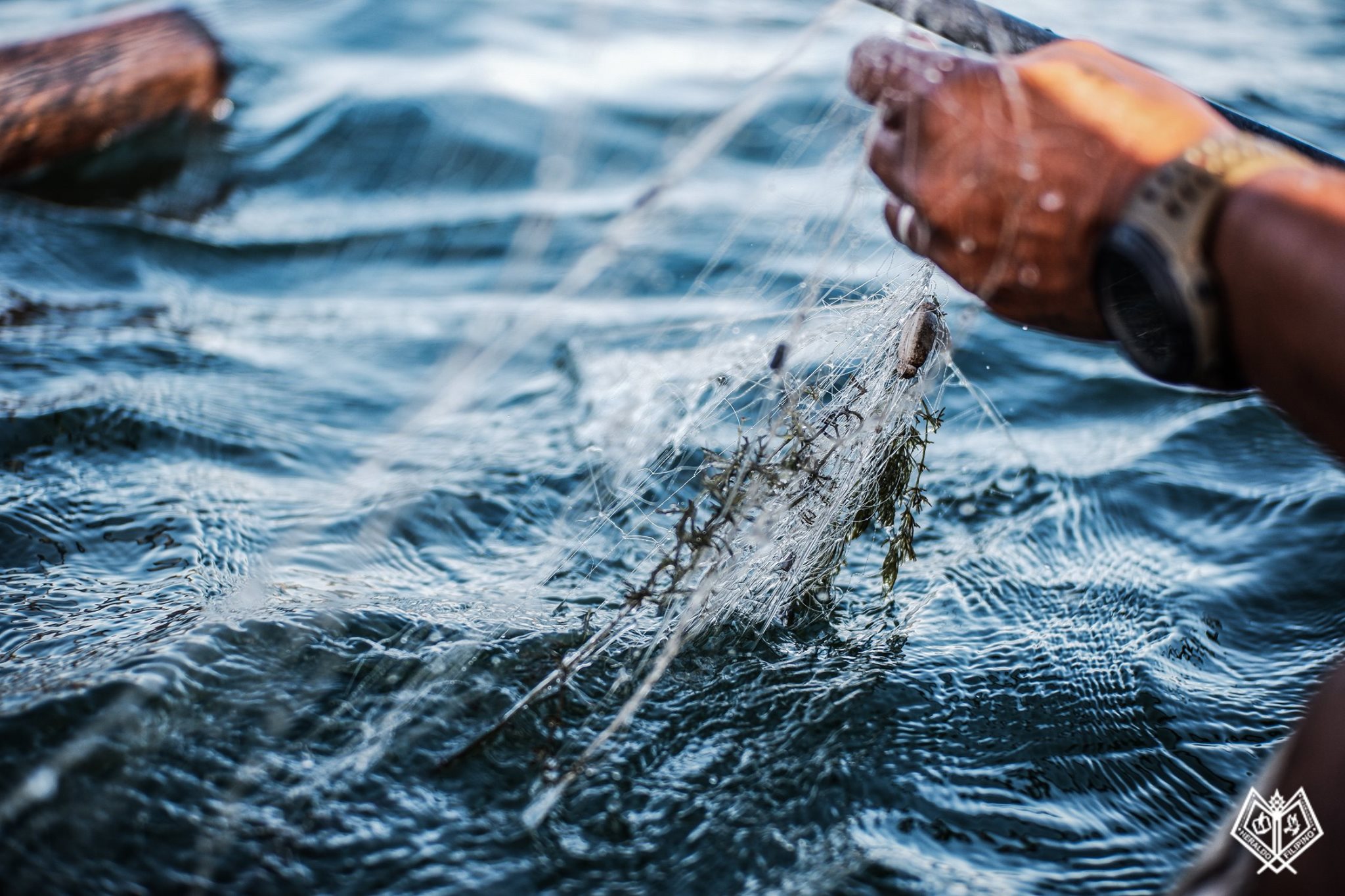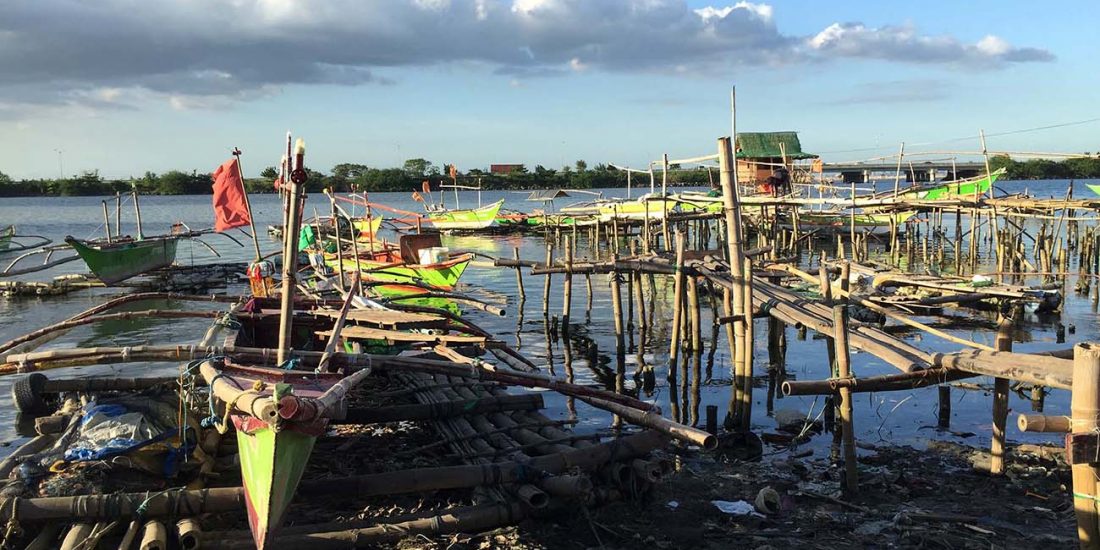Catch of the day
Annually on November 21, the World Fisheries Day is celebrated across the world. According to the United Nations (UN), it is a day to emphasize the need for sustainable fishery stocks–an issue that is overlooked by many. In the second quarter of 2023, the Philippines Statistics Authority (PSA) documented a fisheries production volume of 1,082.22 thousand metric tons locally, which shows an 11.3 percent decline compared to the output of 1,219.94 thousand metric tons recorded in the corresponding quarter of the preceding year. Opposite to the decrease, the United States Department of Agriculture (USDA) considers fish as the most consumed animal protein in the Philippines with 40 kg annual per capita consumption in 2022.
Lessening production volumes of fisheries does not only affect consumers, because this first and foremost affects the fisherfolks; those who have dedicated their livelihood to the task. Furthermore, its causes and effects imply the significance of why this day is commemorated in the first place.
What Is Bangus
Bangus, also known as milkfish, is not eaten by many because of its number of bones that total to 214. It takes a lot of effort to debone, and the duration of a meal is extended due to this. Although a couple extra minutes of deboning seems like a tedious task, to not do it is to deprive oneself from the unique texture and mild, sweet taste of milkfish. Similarly, to surrender from the lengthy conflict of the West Philippine Sea is to deny the rights of the Filipinos.
Territorial dispute intensified due to the 2012 Scarborough Shoal standoff, wherein Chinese surveillance vessels obstructed Philippine authorities from capturing Chinese ships engaged in illegal fishing of endangered Philippine marine species in the shoal, as summarized by Marikas Santos and Meg Adonis in 2016. Despite the arbitral tribunal ruling that China’s claims to historic rights within the “nine-dash line” were incompatible with the United Nations Convention on the Law of the Sea (UNCLOS), local fishermen still experience difficulties in accessing prime fishing grounds. Local fishermen’s group Pambansang Lakas ng Kilusang Mamamalakaya ng Pilipinas (PAMALAKAYA) mentioned how nearly 627,000 fishermen lost their livelihood because of Chinese activities in the South China Sea during the past decade.
Bangus is a favorite for many, even if the bones take a while to remove. No task seems time consuming if the outcome is worth it. The ownership of our seas is an outcome worth the time. However, as the head of the fishermen’s cooperative in Infanta, Eric Nabua said, “Unless there is political will to get it back, it is already gone, but that area is ours.” The duration being spent on the dispute is only either for careful deboning or accustoming the people to forcibly swallow.
Where Is Tawilis
Tawilis is a fish, which is known as the only freshwater sardine. Despite being a popular Filipino cuisine, the International Union for the Conservation of Nature (IUCN) has placed the fish on the list of endangered species due to factors like overexploitation, pollution, and competition. Despite being eaten by many, the risk of extinction is overlooked by the common person. The possibility of permanent loss lacks addressing, only to be noticed once at the point of no return, much like dredging and reclamation.
A total of 50 varying stages of reclamation projects in the Philippines with an estimated total land area of 11,796.43 hectares has been recorded by the Philippine Reclamation Authority (PRA) as of September 2022. Jerwin Baure of Rappler noted how the extensive disturbance of this area would cause consequences like the devastation of mangroves, seagrasses, and corals leading to loss of marine biodiversity and food insecurity; worsening threats such as land subsidence, flooding, and storm surges; and other challenges for marine organisms in repopulating the seas. Furthermore, oftentimes commercialization projects concern both the environment and society.
PAMALAKAYA expressed their concern about 187 planned and active land reclamation initiatives that threaten the marine biodiversity and livelihoods of local fishermen. The group’s national spokesperson Ronnel Arambulo said, “On top of its environmental impacts, reclamation entails massive displacement of fisherfolk and a consequent threat to local fish supply.”
Within the local scene, Bagong Alyansang Makabayan (BAYAN) – Cavite also addressed the looming effects of reclamation plans in nine coastal municipalities in the province. Dredging projects continuously displace residents living in the said areas and hamper the livelihoods of fisherfolks through afflicting marine life and ecology. Intimidation from state forces are also concurrent in fishing communities. All these activities point to the mechanisms of the capitalist system that the state enables and promotes.
It does not also help that the Department of Agriculture’s (DA) head is part of a conglomerate in the fishing industry. The current DA Secretary, Francisco Tiu Laurel Jr., was the president of the Frabelle Fishing Corporation, a company owned by his family, which also takes part in the reclamation project happening in Bacoor. This development project has displaced more than 700 families and jeopardize a thousand more. There has been a constant call from the directly affected communities to end these projects, but they are met with dead silence.
Who Is Tilapia
One of the commonly eaten and produced fishes is tilapia. Its adaptive nature enables ease in production and availability for many. As stated by Regal Springs, it can adjust to different levels of salinity; freshwater to brackish. It is considered resilient as it also thrives in high population densities and has rapid growth even in crowded environments with limited resources. But Filipinos are not tilapia – or at least are not supposed to be.
I remember a friend of mine who used to live near Bataan. He told me that whenever there was a flood, tilapia would swim in the water, going through streets and homes. His neighbors would rush outside despite the calamity and try their best to catch the fish. All this, he told with a smile. It is our nature to focus on comic moments during unfortunate events, but we must remember that resilience is not recovery, rather, a reversal.
Resiliency has been such a romanticized word used in describing Filipinos. However, it has come to a point where many have brought attention to how this characteristic is only mostly brought upon by necessity. The term “Filipino spirit” often refers to the poor and marginalized because the rich never need to be such. Once our fisheries are gone, our supply of fish is also no longer available. When our fisherfolks continue to be forcibly displaced from their homes near water, they lose livelihood and access to their self-caught food. Resiliency holds no value if the issue which caused the need for it could have been avoided through several efforts. Constantly needing to adapt and grow in environments with limited resources are responsibilities for tilapia, not the people.
***
Filipinos are not the subject, but instead we are the subject matter. We remember where, what, and who we fight for; the bangus, tawilis, and tilapia. Sustainable livelihoods for fishermen and environmental concerns are issues that need more attention and awareness, and it should not be disregarded at all costs. The alarming decline rate of fisheries production volume and increase of reclaimed land area is more than enough evidence of the urgency in addressing these problems. Unless calls for change are acted upon, the catch of the day is an empty mouthful.
Photo slider by Ralf Dugan




